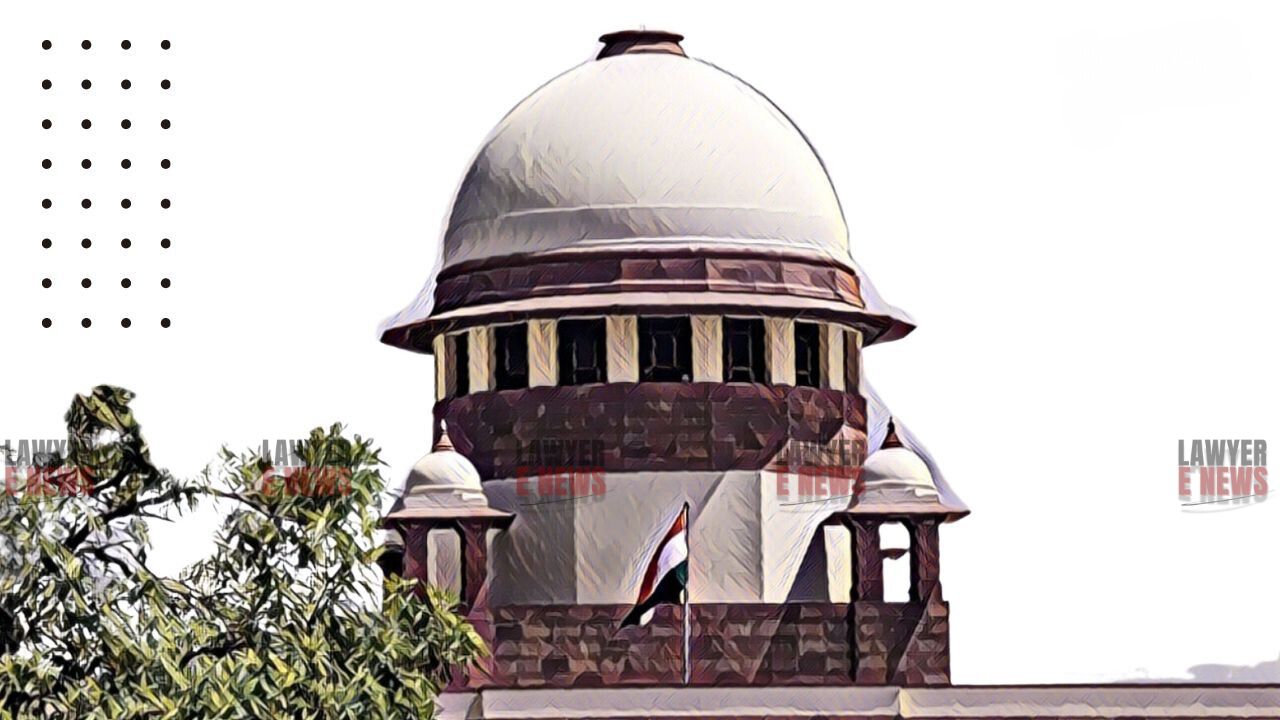-
by Admin
15 February 2026 5:35 AM



Supreme Court in Ricardo Constructions Pvt. Ltd. v. Ravi Kuckian & Others set aside an order by the National Consumer Disputes Redressal Commission (NCDRC) that had foreclosed the appellant's right to file a written statement in a consumer dispute case. The court allowed the appellant additional time, holding that failure to serve the complaint along with the notice was a significant factor in the delay. The appellant was granted until October 14, 2024, to file the written statement, subject to the payment of costs.
The dispute arose from a consumer complaint filed by 31 respondents against Ricardo Constructions Pvt. Ltd. before the NCDRC. On February 6, 2024, notice was issued to the appellant, who accepted the notice without receiving a copy of the complaint. The NCDRC later foreclosed the appellant's right to file a written statement when it was not submitted within the stipulated 30 days, followed by a 15-day grace period. The appellant challenged this decision before the Supreme Court, citing procedural irregularities and non-receipt of the complaint as the reason for the delay.
The central issue revolved around whether the NCDRC could justifiably foreclose the appellant's right to file a written statement due to a procedural delay, especially when the appellant had not received the complaint with the notice. The appellant argued that under the Consumer Protection Act, the 30-day period to file a response begins from the date of receiving both the notice and the complaint. The respondents, however, maintained that the appellant had more than enough time to obtain a copy of the complaint and had delayed the proceedings intentionally.
The Supreme Court, referencing its earlier decision in New India Assurance Co. Ltd. v. Hilli Multipurpose Cold Storage Pvt. Ltd., reiterated that the limitation period of 30 days begins only when both the notice and the complaint are received. The court observed:
"It may be too harsh to foreclose anyone’s right to file a written statement merely on conjectures and surmises."
The court found that the NCDRC had not recorded whether the appellant had received the complaint along with the notice, thus making it unjust to foreclose the appellant's rights based on procedural assumptions.
The Supreme Court allowed the appeal, permitting Ricardo Constructions to file its written statement by October 14, 2024, subject to a payment of ₹1,00,000 in costs to each of the 31 respondents. The respondents were granted time until November 6, 2024, to file their rejoinder, with affidavit of evidence due by December 9, 2024. The case was adjourned to January 9, 2025, ensuring sufficient time for all parties to complete their pleadings.
The Supreme Court’s ruling in Ricardo Constructions Pvt. Ltd. v. Ravi Kuckian & Others underscores the importance of procedural fairness, particularly when dealing with deadlines for filing pleadings. The decision affirms that parties must be given a fair opportunity to respond, especially when procedural lapses, like non-receipt of the complaint, are involved.
Date of Decision: September 6, 2024
Ricardo Constructions Pvt. Ltd. v. Ravi Kuckian & Others
